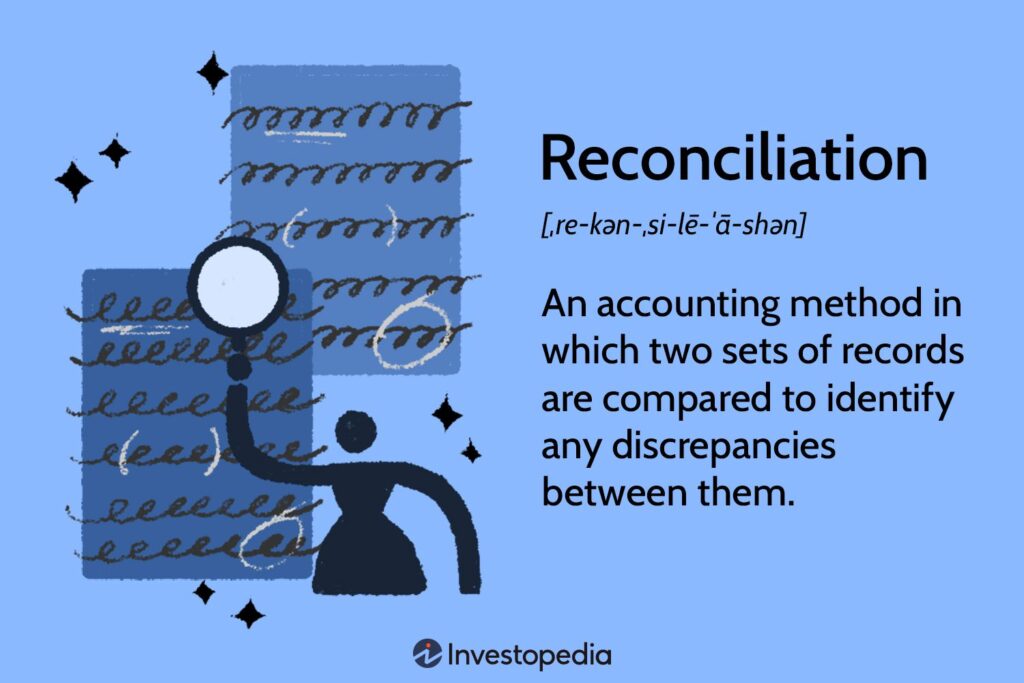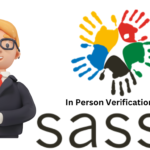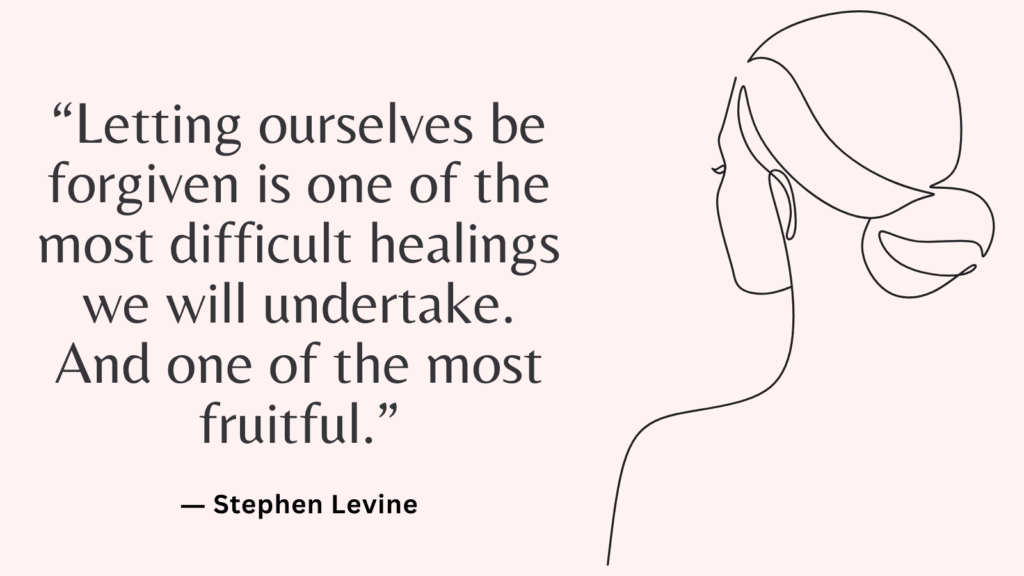Introduction
Saying goodbye to an estranged child is one of the most heart-wrenching and emotionally challenging experiences a parent can face. The reasons for estrangement can be complex and vary widely, from misunderstandings and conflicts to more serious issues. While mending the relationship should always be the first goal, there are situations where you may need to navigate the painful process of saying goodbye. In this article, we will provide guidance on how to approach this difficult task with compassion and understanding.
Reflect on Your Reasons
Before taking any action, it’s essential to reflect on your reasons for saying goodbye. Are you doing it out of anger or frustration, or is it genuinely in the best interest of both parties? Make sure you’ve explored all avenues for reconciliation and consider seeking professional advice or therapy to help facilitate communication.
Seek Closure and Understanding
Attempt to have an open and honest conversation with your estranged child. Share your feelings and listen to their perspective without judgment. Sometimes, finding closure can help both parties move forward, even if the relationship is irreparable.
Write a Letter:
If direct communication isn’t possible or hasn’t been effective, consider writing a heartfelt letter. Express your love, regret, and hope for a better future. Be sincere and avoid blaming or accusing. This can be a therapeutic way to communicate your feelings.
Respect Their Boundaries:
If your estranged child has made it clear that they want no contact, respect their boundaries. Pushing for contact when it’s not wanted can cause more harm. It’s a painful decision, but it can demonstrate your respect for their autonomy.
Plan a Gentle Goodbye:
If you’ve exhausted all options and have decided to say goodbye, plan a gentle farewell. This might involve a private meeting or a symbolic gesture, like releasing balloons or lighting a candle. Keep it respectful and focused on closure rather than rekindling the relationship.
Lean on Support:
Going through the process of saying goodbye to an estranged child can be emotionally overwhelming. Lean on your support network, such as friends, family, or a therapist, to help you cope with your grief and emotions.
Focus on Self-Healing:
After saying goodbye, prioritize self-healing and self-care. Engage in activities that bring you joy and fulfillment. It’s essential to rebuild your life and find happiness outside of the estranged relationship.
Remain Open to Reconciliation
While you may have said goodbye, remain open to the possibility of reconciliation in the future. People change, circumstances evolve, and relationships can heal over time. Keep the door ajar for a potential reconnection.

Conclusion
Saying goodbye to an estranged child is undoubtedly one of life’s most challenging experiences. It’s important to approach this process with empathy, understanding, and a deep commitment to both your own healing and the well-being of your child. While it may feel like an ending, it doesn’t have to be the final chapter in your story. Stay open to the possibility of a brighter future, and remember that healing and growth can occur even in the face of profound loss.












